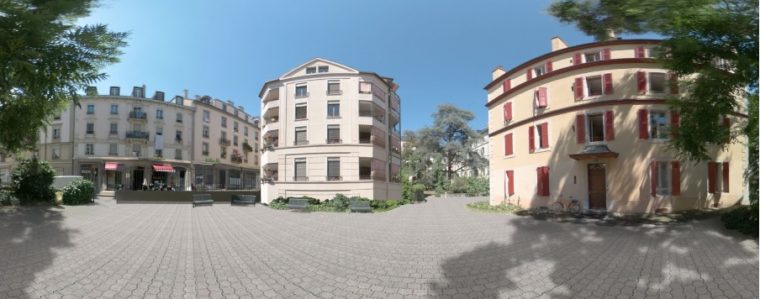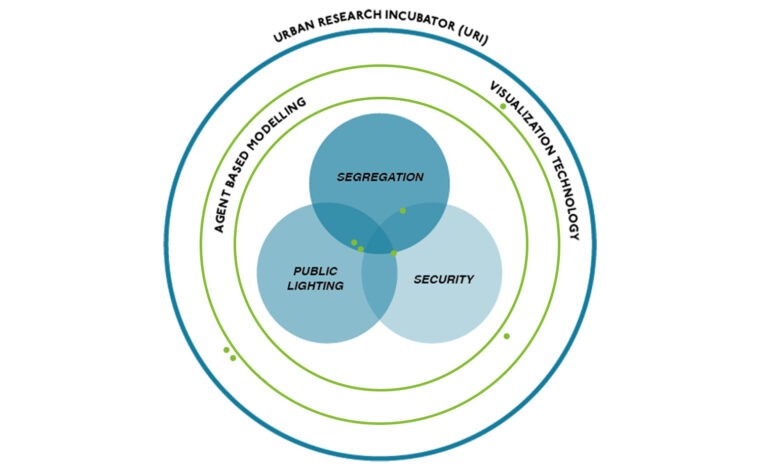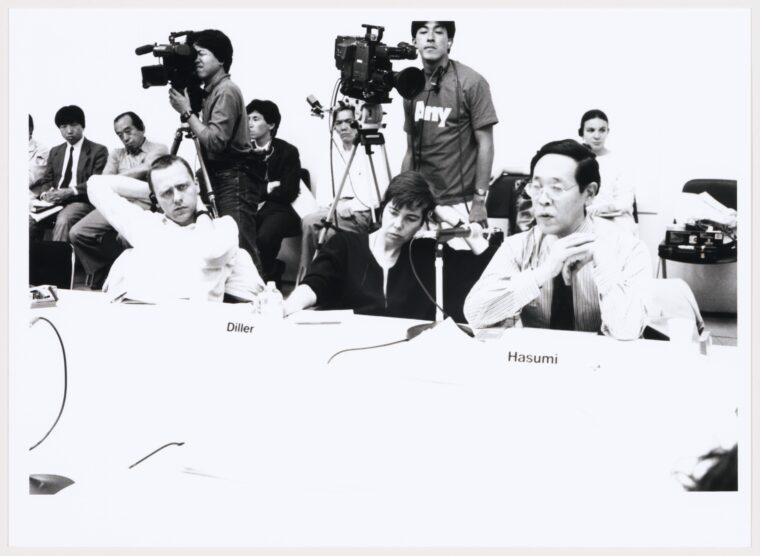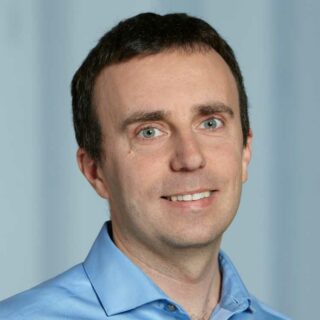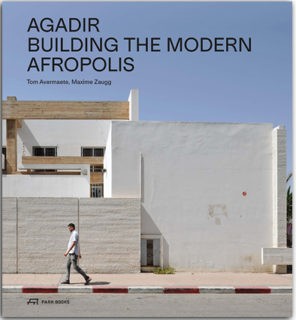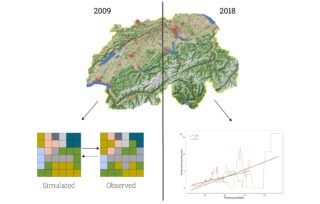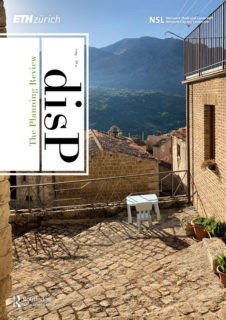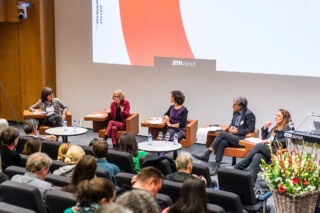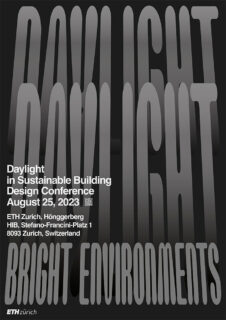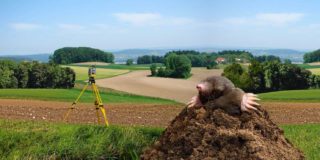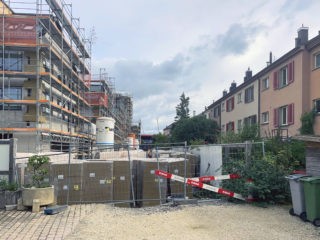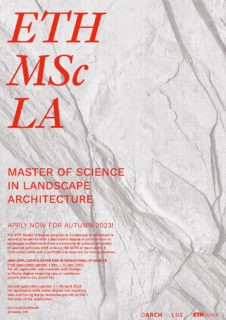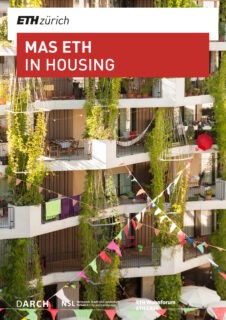Sehr geehrte Lesende
Eine neue Methode der multidisziplinären Geschichtsschreibung der Architektur wird entwickelt. Die Stadtplanung muss auf die zunehmend heterogene Bevölkerung angemessen reagieren können. Forschende arbeiten mit neuen Technologien zu Beleuchtung, Segregation und Sicherheit in Kapstadt und Bogotá. Warum? Weil wir der Überzeugung sind, dass neue Erkenntnisse und Lösungen nur im Austausch über die eigenen Grenzen hinweg entstehen.
Und: bald wird sich das NSL von einem seiner Mitbegründer verabschieden müssen: Christophe Girot wird emeritiert.
Wir wünschen viel informatives Lesevergnügen!
10. März 2023, 9–17 Uhr | ETH Zürich, Zentrum, Auditorium Maximum (Raum HG F 30).
Wie leben wir in Zukunft? Klimawandel, Digitalisierung, Alterung, Vereinzelung – dies sind nur einige der grossen Herausforderungen, vor denen wir als Gesellschaft stehen.
Mehr
25 August 2023, 8:30-18:00 | Conference | ETH Zürich, HIB 52 Open Space, Hönggerberg.
Mehr
18. Januar 2023, 9:00 – 17:00 | ETH Zürich (Zentrum), Auditorium Maximum HG F 30.
Das Landmanagement ist im Wandel. Schon heute werden seine Instrumente zur Förderung vielfältiger Funktionen des Raumes eingesetzt.
Mehr
9. Februar 2023, 17:00–18:45 Uhr | ZAZ BELLERIVE Zentrum Architektur Zürich, Höschgasse 3, Zürich.
Expert:innen, Politiker:innen und Aktivist:innen diskutieren über die sozialen Auswirkungen der anhaltend raschen Verdichtung der Stadt Zürich. Diese erfolgt oft durch den Ersatz von preiswertem Wohnraum durch neue Wohnungen, die für einkommensschwächere Menschen nicht mehr erschwinglich sind. Am 25. Januar 2023 eröffnet im ZAZ BELLERIVE Zentrum Architektur Zürich eine Ausstellung zum gleichen Thema, die in Kooperation mit dem MAS in Housing und MAS in Geschichte und Theorie der Architektur (gta) organisiert wird.
Mehr
Apply now for Autumn 2023! The ETH Master‘s degree programme in Landscape Architecture is aimed at students with a Bachelor‘s degree in architecture or landscape architecture from a university or a Swiss university of applied sciences with at least 180 ECTS or equivalent. A motivation letter and a portfolio are required for the application. Apply by 15 December 2022 or 30 April 2023. Programme website
Mehr
ETH Wohnforum – ETH CASE | Application until 30 June 2023 (2nd round).
The MAS focuses on the assessment of housing challenges and on the affordability, effectiveness and sustainability of a wide range of housing and neighbourhood development strategies pursued by municipalities, cooperatives, local governments, non-governmental and governmental authorities and international organisations in different countries and contexts.
Mehr
Redaktionsteam
Silvia Converso, Institut für Landschaft und Urbane Studien (LUS), Landschaftsarchitektur
Melanie Fessel, Institut für Landschaft und Urbane Studien (LUS), Städtebau
Claudia Gebert, Koordinationsstelle NSL, Chefredaktion
Maarten Van Strien, Institut für Raum- und Landschaftsentwicklung (IRL)
Jan Westerheide, Institut für Landschaft und Urbane Studien (LUS), Städtebau
Caroline Winkler, Institut für Verkehrsplanung und Transportsysteme (IVT)
